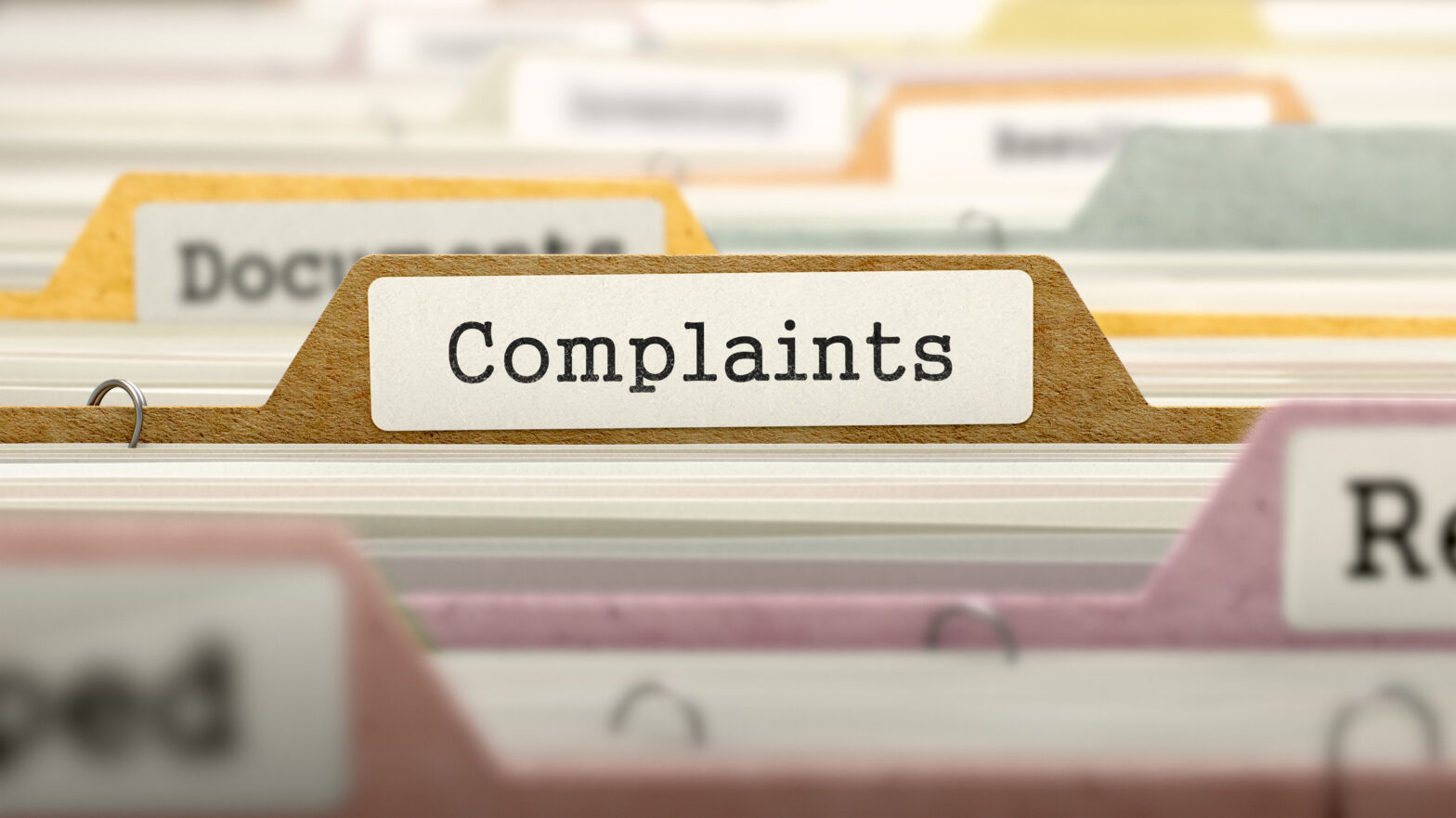Nobody likes to receive a customer complaint, but you should take them on the chin, regardless of how you feel about them, and deal with them…properly.
Managing the customer
You have to believe the old adage: ‘the customer is always right’, because in their eyes, regardless of what’s gone on behind the scenes, they are. People are very busy and your customer would not take the time to complain if they didn’t feel it was worth their time and effort to do so.
Regardless of whether you agree with the complaint, ignore it at your peril! Word of mouth is the quickest way to win business, but it’s by far the quickest way to lose it, so manage it correctly.
If the complaint comes in via phone, ensure that you have a pen and paper to hand and turn off all distractions. Often, customers when complaining can be angry / fed up / disappointed and this will come across in their discussion with you. The best way to handle this initial conversation is to firstly thank them for taking the time to contact you and raise their issue, and encourage them to provide full details of their complaint.
Ensure you are calm and listen. Really listening is so important at this stage; allowing your customer to fully explain the situation without butting in or antagonising / disagreeing with them is the first step to a happy resolution to their issues, and it enables you to take proper and full notes.
The customer will eventually run out of steam and will feel grateful for being listened to and taken seriously. Never agree or disagree with their issues at this stage.
If the complaint comes in written form, it’s likely to be more detailed and official in its approach. Read it fully and take it on board.Whichever way you receive the complaint, it’s important not to give them an answer to their complaint immediately. A genuine thank you at this stage will suffice as you need time to investigate. As part of your ‘thank you’, set clear and reasonable response deadlines with your customer. Confirm that their complaint is very important to you, that you’re taking it seriously and that you will investigate fully and respond. Also advise that you may be in contact with them during your investigation time to request further information.
…and if you give the thank you response verbally, follow up immediately with a confirmation email, and I advise that you include your notes too so that your customer is in the loop with your interpretation of their complaint.
Above all, you must manage their expectations, make them feel like their time was well-spent, and their issues and business matter to you.
Dealing with the matter
Firstly, has the customer provided you with enough information? If not, don’t be afraid to contact them and request further explanations / documents.
Make the complaint a priority and consider what has happened. Discuss with colleagues, check your procedures and understand where you have let your customer down.
At each stage of your investigation, take notes, save relevant files and emails and create a background of the happenings. Once you have investigated in full, create an overview report that is honest and factual, but without emotion. Ensure that there are no gaps in the report and that you have full confidence in it.
There are some occasions where a customer is being unreasonable, however there must have been a point in your relationship where there was a miscommunication of some description, perhaps an email you prepared with updates was written but actually didn’t send, or perhaps an email was misinterpreted. Accept this and remove your emotion from the situation.
Once your investigation is complete and your report is in order, you need to respond to your customer. Ensure that you respond within the deadlines set – and if possible, exceed their expectations and respond prior to the deadlines.
Regardless of who / what is at fault, start with an apology. Apologise to them for their need to complain in the first place, and advise that you have investigated their complaint fully and attach the report. Should you / your business be at fault, be upfront. Should you not be at fault, be gentle and factual.
Accept that your customer may never respond to your report, they may thank you or they may take it further. If they take it further, your full report will be invaluable.
What you can learn
We are all human and mistakes happen. The first learning is not to allow one complaint ruin your great attitude to your business and cloud your vision. Complaints are disappointing, but it’s how you handle them that’s important, and you should work to flip it to a positive and close the file with a happy customer.
Be honest with yourself and accept any personal or business failings that have led to this complaint. This is an opportunity to review your procedures, and where necessary, put different practices into place.
And remember, just because you’ve received a complaint, it doesn’t mean you’ve lost the customer forever – actually, if you deal with it the right way, you can build an even better relationship with your customer as they will view you in a very respectful and positive light.
Natalie Lovett is managing director of The Whitewed directory





